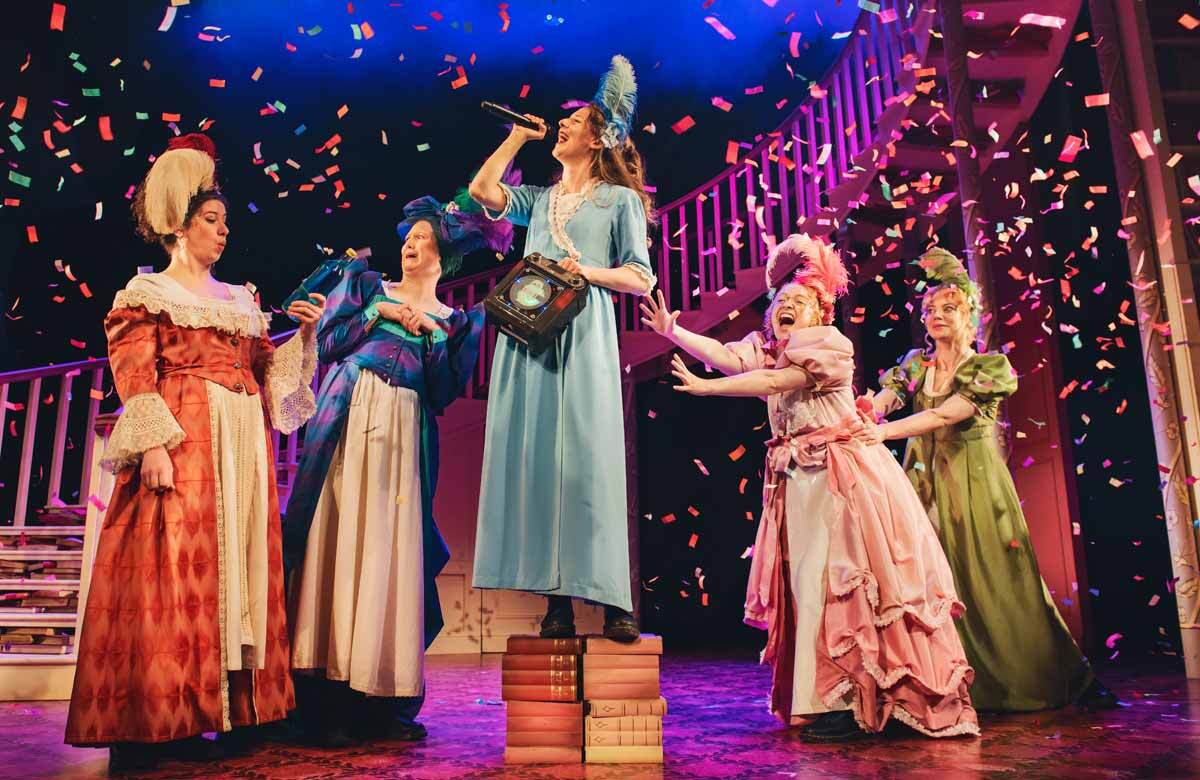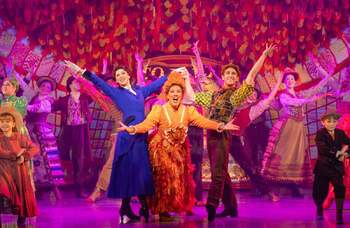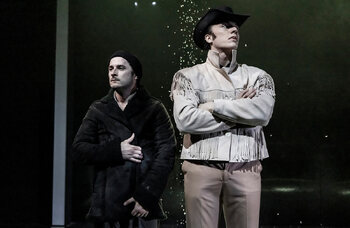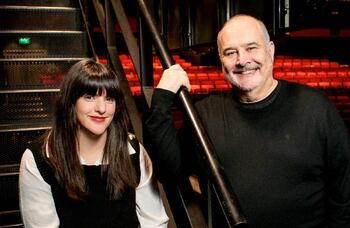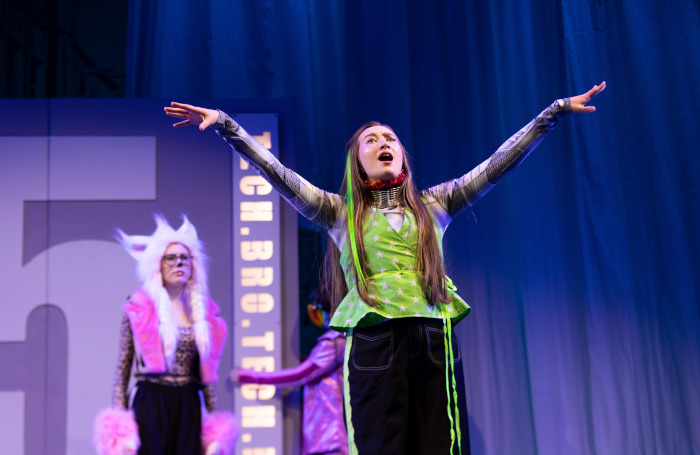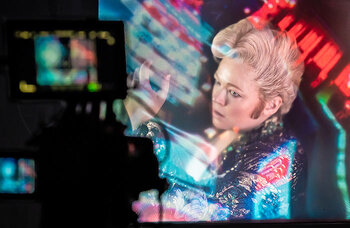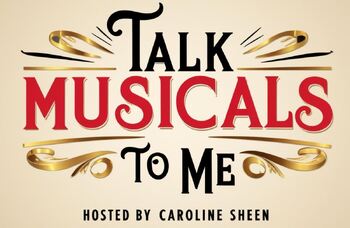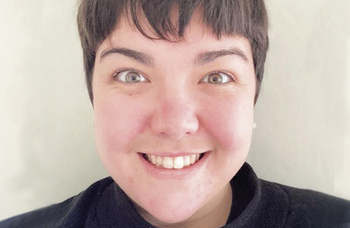Stage adaptations demand fizz over fidelity
I was too young to have read the novel or seen the film that won the adapted screenplay, director and best picture Oscars in 1970. But in my 20s, I marvelled at the then uniquely sour, sad portrait of New York hope and hustling in Midnight Cowboy and have never seen it since. And the only thing I knew about going to Bryony Lavery and Francis ‘Eg’ White’s new musical version at Southwark Playhouse was that I wasn’t going to rewatch the film first.
What would be the point? I cannot imagine any other audience member would do such homework, and reminding myself of the Oscar-nominated leads or the actual locations would only diminish my connection to the stage. If you want to see how faithful something is, check the original out afterwards. Either a stage show works on its own terms or it doesn’t.
With all adaptation, the question of fidelity is central. How far do you go? A leaden-footed retread is a waste of everyone’s time and, crucially, money. And merely transferring material from screen/page to stage misses the vital point: the success of the original is down to having matched content with the perfect form.
I still regret not catching the 1936 Pride and Prejudice adaptation I Have Five Daughters
And when faced with source material that has been adapted (too) many times, another question needs asking: why? Take the Faust legend. There are dozens of tension-free versions of the tale of a man who sells his soul to the devil and then, after a couple of hours of debauchery, gets his entirely predictable comeuppance. Do we need another? Sorry, no.
Despite a game Jude Law, the 2002 Young Vic production was (I’m being polite) less than engaging. More recently, Jamie Lloyd came a cropper with a production led by Kit Harington, plus Jenna Russell singing Bat Out of Hell. That, according to most critics, went too far in the opposite direction.
Next up is The Great Gatsby. My fingers are crossed for the Broadway musical version opening here next week, but past adaptations don’t augur well since Gatsby is far stronger on shimmering prose and metaphorical intent than plot, and plot is what tends to drive stage adaptations. Even the opera at the Met in 1999 with America’s top-drawer opera talent couldn’t emulate, let alone animate, Scott Fitzgerald’s classic. But before you dismiss me as jaded, I concede there are exciting exceptions.
Continues...
Even Faust can work. Douglass Wallop used it for his novel The Year the Yankees Lost the Pennant and in 1955, composer and lyricists Adler and Ross and book writers George Abbott and Wallop turned it into the musical Damn Yankees. I know and care nothing about baseball, but watching a fan of the hopeless Washington Senators baseball team transformed by the devil into the team’s young star player is surprisingly fun. The later movie, with the added attraction of temptress Gwen Verdon executing Bob Fosse moves in excelsis, turns that surprise into a hoot. Its most famous song is (You Gotta Have) Heart, and it does. Don’t believe me? Stream it.
If Jane Austen were alive, reimaginings of her six novels would be making her spectacularly rich, and that’s before the newly announced Netflix version of Pride and Prejudice with Emma Corrin, Jack Lowden and Olivia Colman. Big talents all, but do we really need this? I’d much rather someone exhumed Margaret Macnamara’s near-forgotten, marvellously titled 1936 stage adaptation I Have Five Daughters. Okay, I wouldn’t, but I still regret not catching the amateur production of it I once saw a poster for.
And if you’re thinking the best way to reinvent that beloved novel would be to add music, listen to First Impressions, aka the 1959 Broadway musical starring the legendary Hermione Gingold as Mrs Bennett. When I tell you the original cast album is its only cast album, you’ll get my drift.
In 2018, the spirit of Austen was found alive, well and gloriously argumentative in Laura Wade’s wonderfully funny, anarchically postmodern stage completion of her unfinished The Watsons: think Six Characters in Search of an Author but with bonnets and a ton of laughs.
More recently, Isobel McArthur brought life to the potentially tired title with her delicious laugh-fest Pride and Prejudice* (*Sort Of). Giving unexpected voice to the hitherto silent servant class and discovering a strongly Sapphic undertow, it remained exhilaratingly truthful to the original’s perfectly calibrated emotions.
The moral of the story? To stay true to an original, make your refashioning radical.
Opinion
Recommended for you
Advice
Recommended for you
Most Read
Across The Stage this weekYour subscription helps ensure our journalism can continue
Invest in The Stage today with a subscription starting at just £7.99
 David Benedict
David Benedict